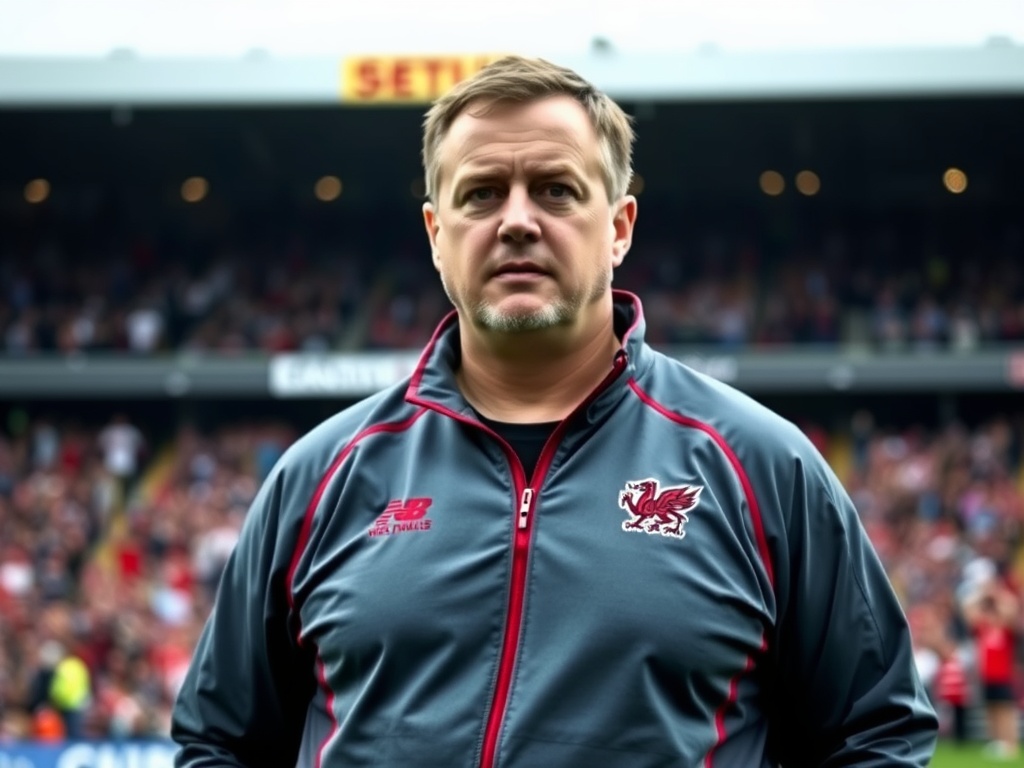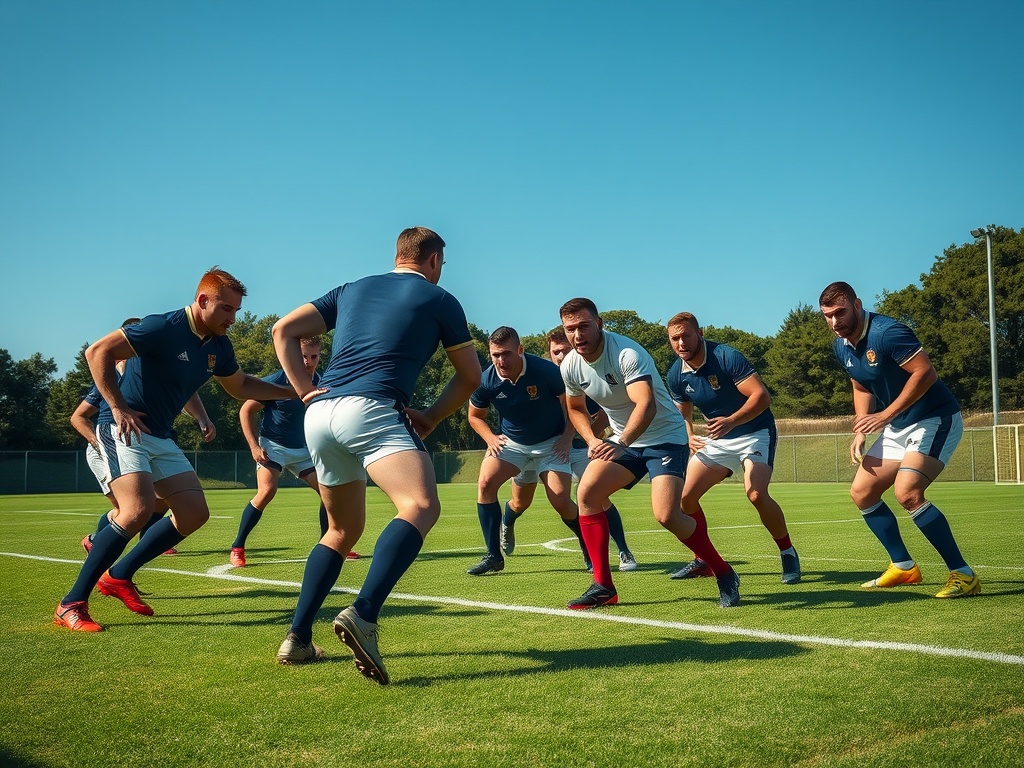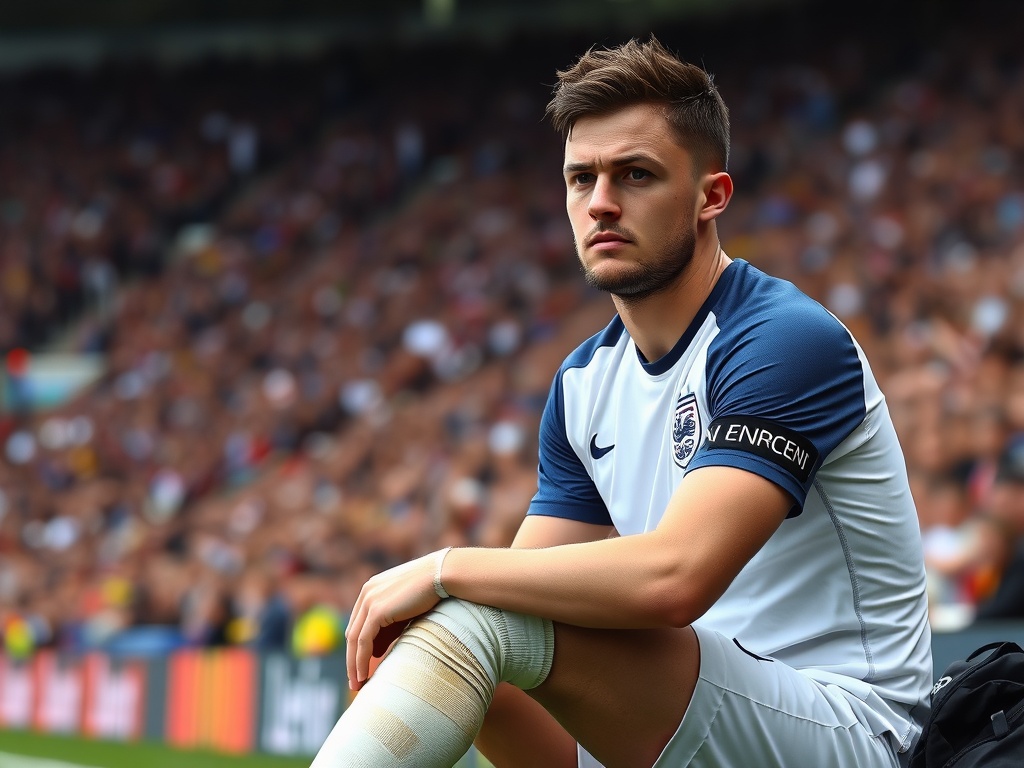Welsh Rugby Faces Uncertain Future After Gatland’s Departure
Welsh rugby stands at a crossroads following a disheartening 14th consecutive defeat, culminating in the dismissal of head coach Warren Gatland. After suffering back-to-back losses to both France and Italy in the Six Nations, the prospect of claiming another Wooden Spoon looms ominously. This scenario is all too familiar for Italy, who endured eight consecutive last-place finishes between 2016 and 2023. However, the Italian side has seemingly moved past those dark days, celebrating a second victory over Wales in just two years.
Italy’s resurgence is the result of a decade-long developmental process, one that Wales could emulate as they navigate the challenging waters of being ranked 12th in the world—an all-time low. The structural changes within Italian rugby provide a potential blueprint for Wales to rebuild and reclaim its former glory.
Read Next
My Predicted Lions XV Based on Six Nations Action

Over his two spells, Gatland provided much-needed stability to the Welsh team, and there were high hopes that his return in 2022 would continue the success he experienced during the 2019 Six Nations. However, his unexpected exit has left Wales searching for a new head coach. While Italy’s history of cycling through nine head coaches in just 20 years should not serve as a model, recent examples suggest the type of leadership Wales should consider moving forward.
“You need someone who possesses maximum energy and is a natural winner,” emphasizes former Italy fly-half Ian McKinley in an interview with The i Paper. “Losing can easily become a habit. For these young players, who are just starting their international careers, losing has unfortunately become ingrained in their mentality. You need a leader who can invigorate the squad and restore that winning mindset.”
Former All Black Kieran Crowley was a transformative figure for Italy, taking the helm in 2021 and breaking their streak of 36 consecutive losses in 2022. Under his guidance, Italy began to secure impressive victories against stronger Tier 1 nations.
Crowley benefitted from a solid foundation laid by Stephen Aboud, who spent six years as Italy’s head of technical direction after a long tenure with the Irish Rugby Football Union. Aboud was instrumental in nurturing Italian talents like Paolo Garbisi, captain Michele Lamaro, and Jacopo Trulla.
“Crowley arrived with a blank slate and adopted a more relaxed coaching style—encouraging expansive play from their own 22-metre line,” McKinley notes. “His successor, former Argentina international Gonzalo Quesada, then revamped this strategy, placing a strong emphasis on defense, which ultimately allowed Italy to achieve a balanced playing style.”
In the 2025 Six Nations, Italy has already demonstrated significant defensive prowess, with Sebastian Negri recording 36 successful tackles, only surpassed by Ireland’s Josh van der Flier.
“For international success to materialize, national teams must perform better, something we witnessed with Benetton Rugby Treviso in 2016,” McKinley explains. Since then, Benetton has consistently improved, recently reaching the Quarter Finals of the United Rugby Championship, which in turn has positively impacted the national team. In their latest match against Wales, nine of Italy’s starters hailed from Benetton.
Read Next
Why England Made Only One Change for the Crunch Scotland Clash
Benetton and Zebre represent the two principal teams in Italy, which allows for more competitive play as resources are not overly stretched. This model is akin to that in Scotland and has sparked discussions in Wales about potential reforms. Wales is currently represented by four regional clubs: Cardiff, Dragons, Ospreys, and Scarlets. However, Scarlets’ director Ron Jones recently expressed on S4C, “We are no longer a large enough nation to maintain four regions with commercial viability. We probably don’t have the player pipeline to support four clubs. I doubt the union can sustain long-term revenue growth at both the club and regional levels.”
Nonetheless, while this approach may work in Italy, McKinley points out that “merging teams is a challenging endeavor due to historical rivalries.” Reducing the number of established clubs could further alienate an already shrinking fanbase. However, there exists a delicate balance, as a streamlined two or three-team system could be financially beneficial for the Welsh Rugby Union (WRU), which reported a £15 million deficit in 2024. This financial strain has led to restrictions on the salary cap and a recent reduction in the WRU board from nine members to a streamlined executive team of five.
Continuing with four teams may exacerbate the financial situation, especially with the proposed Professional Rugby Agreement for 2025, which seeks to raise the salary cap for clubs from £5.1 million to £6.8 million. Currently, there is a restriction on Welsh players competing abroad, meaning talented individuals like Rhys Carre and Joe Hawkins, who play for Saracens and Exeter Chiefs respectively, are ineligible for national selection.
“Playing abroad provides players with more game time and exposure to diverse situations, essentially developing two high-level players instead of just one,” McKinley asserts. Paolo Garbisi and Martin Page-Relo have thrived while playing at Montpellier and Lyon respectively, evolving into one of the most accomplished scrum-half and fly-half combinations in the tournament.
Admittedly, the matchday squads for both Wales and Italy featured 16 players from domestic clubs. The current policy aims to prevent an exodus of Welsh talent to rival leagues, but McKinley contends that it hinders international performance by restricting the selection of experienced players.
Read Next
Gatland’s Exit Generates New Challenges for Welsh Rugby
“While it’s crucial to retain top players within the country, international success is what truly generates excitement and support for a team. Sometimes, this requires players to develop their skills elsewhere,” he adds. Wales has started to transition toward a less restrictive system, lowering the number of caps required for players to move abroad from 60 to 25. This change has enabled players like Exeter’s Dafydd Jenkins to participate internationally despite not meeting the prior cap requirements.
However, with diminishing resources spread thin across four regional teams, a significant portion of the Welsh squad is now underdeveloped, as evidenced by their lackluster international performances. While interim coach Matt Sherratt’s decision to recall experienced players such as Gareth Anscombe—who had been overlooked by Gatland—may bolster their performance against Ireland this weekend, the underlying issues within Welsh rugby are far more profound.
The WRU is grappling with systemic challenges that have accumulated over the years. These are undeniably some of the darkest days in Welsh rugby, but with Gatland’s departure, the opportunity for rebuilding has arisen. Italy’s journey could serve as a valuable example for Wales as they look to chart a path forward.




